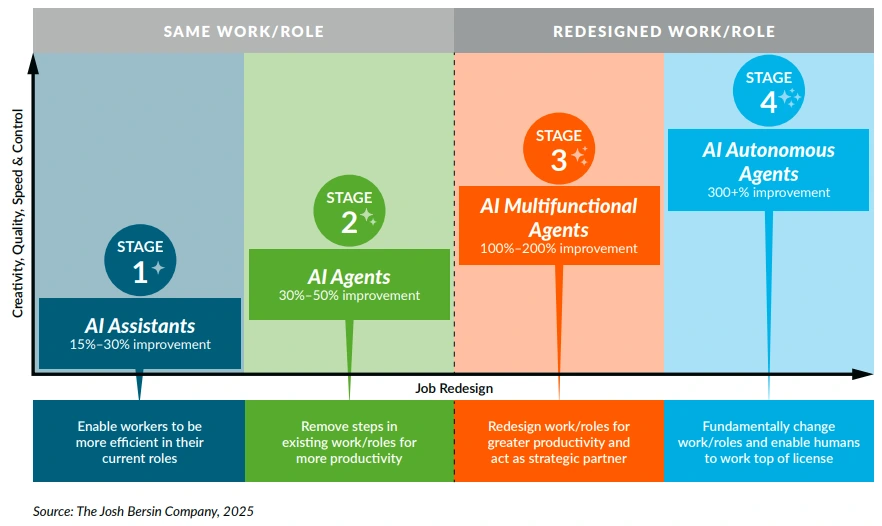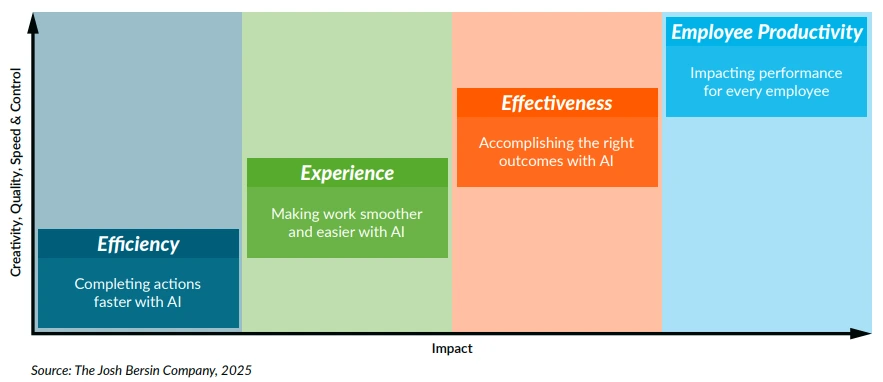Current Scenario of HR AI Agents
We’re living through one of the most exciting and challenging moments in HRTech.
Over the last year, we’ve had more conversations with CHROs, product leaders, and talent architects about AI than in the last decade combined.
There’s a single thread running through nearly every one of those conversations: HR AI agents.
Systems that think in context, adapt to changing input, and take meaningful action without waiting for a user to click a button.
And the movement is well underway.
➡️ KPMG’s latest pulse shows that 51% of enterprises are exploring AI agents, and 37% already have pilots running.
That’s the reason many market-leading HCM platforms like Workday, SAP SuccessFactors, Oracle, and UKG are embedding intelligent agents deeply into their offerings.
Assistants like SAP’s Joule, Workday Assistant, and UKG Bryte are actively powering workflows, from recruitment and onboarding to internal mobility and performance reviews.
We’re watching the operating model of HR change before our eyes.






 19 mins
19 mins











 Talk to Our
Consultants
Talk to Our
Consultants Chat with
Our Experts
Chat with
Our Experts Write us
an Email
Write us
an Email





